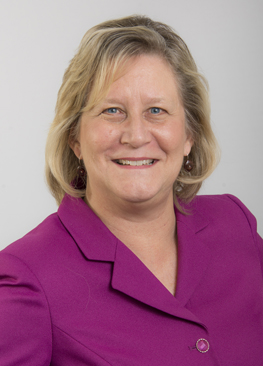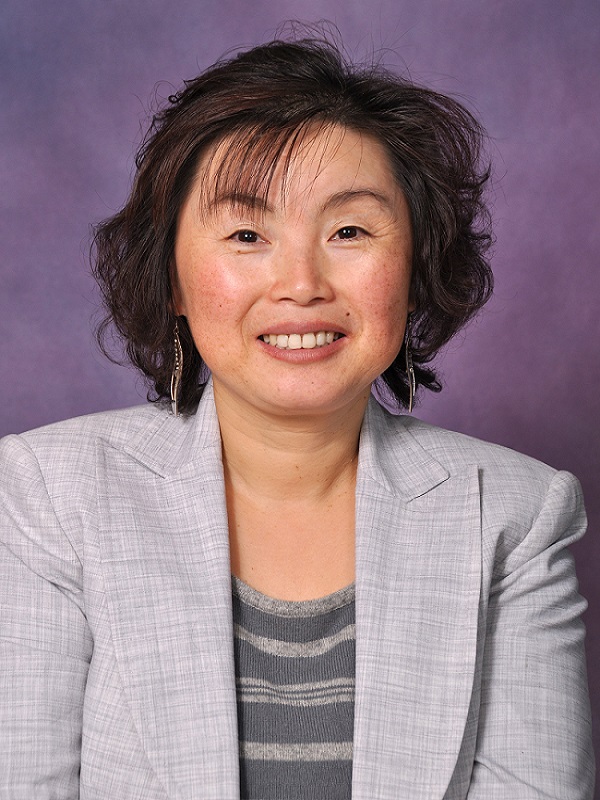The Michigan Area Health Education Center, a program of Wayne State University that seeks to increase access to quality primary care providers in underserved communities, recently was awarded a five-year grant from the U.S. Health Resources and Services Administration.

The first year of this renewable five-year cooperative grant agreement is $721,250. The funds will be used to continue to strengthen AHEC’s statewide network of five regional centers and provide an unprecedented number of health care career preparation initiatives, clinical experiences and continuing education programs for health care professionals in communities throughout the state.
“Having been with the program since its inception in 2010, I am pleased that HRSA sees the value of our interprofessional leadership and program's past achievements," said Ramona Benkert, Ph.D., associate dean for Academic and Clinical Affairs in the WSU College of Nursing, and co-principal investigator of Michigan AHEC. “These additional five years of funding help us to continue our statewide efforts to enhance the distribution and diversity of the health care workforce and to support practice transformation in underserved communities.”
“This award is great news for the future of health care in Michigan," said Jinping Xu, M.D., M.S., interim chair of the Department of Family Medicine and Public Health Sciences and co-principal investigator of Michigan AHEC. “This grant will allow us to build upon our efforts to improve access to high quality health care in underserved areas and help us to positively impact the current and future health care workforce throughout Michigan.”

In addition to new HRSA funding, MI-AHEC announced that the Mid-Central Area Health Education Regional Center, housed at Central Michigan University, will expand into the western side of the state and will serve as the host partner of the newly formed Western Region Community Consortium. Once fully established, the WRCC will include community partners interested in working on applying for new funding sources, and delivering quality health education and training opportunities to address community health issues. The WRCC will serve 19 counties (10 rural and nine urban) with a total of 2.4 million people living in Mason, Lake, Oceana, Newaygo, Muskegon, Ottawa, Kent, Allegan, Barry, Van Buren, Kalamazoo, Calhoun, Jackson, Berrien, Cass, St. Joseph, Branch, Hillsdale and Lenawee counties.
The Mid-Central AHEC will continue to serve its 19 counties that include a population of more than 1.4 million (13 rural and six urban). Within MI-AHEC, forming a community consortium of existing partners is a tool for expanding programs, gaining collaborative funding, and serving health care students and professionals.
HRSA has awarded consecutive yearly grants to Michigan AHEC since 2010. Michigan AHEC is funded by the U.S. Health Resources and Services Administration (Grant # U77HP26582) and Wayne State University. Through a network of five regional centers statewide, MI-AHEC prepares underrepresented minority and disadvantaged youth for health care careers; promotes clinical training opportunities for students in health professional shortage areas/medically underserved communities and provides continuing education programs for health professionals working in underserved communities. Michigan AHEC is also supported by the following host partners: Health Centers Detroit, Inc., Central Michigan University, Upper Great Lakes Family Health Center and MidMichigan Community Health Services.